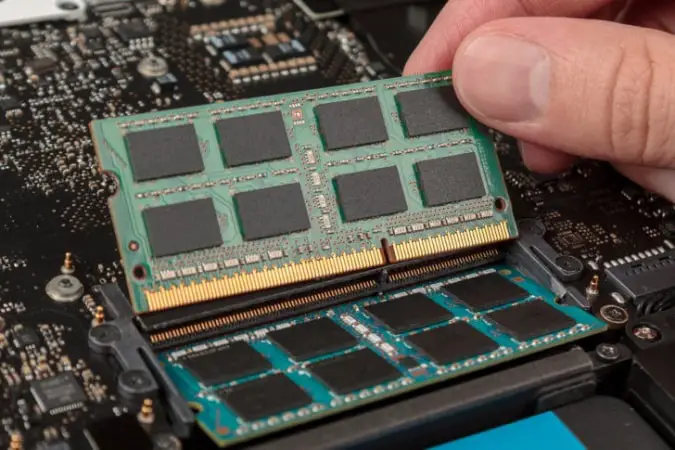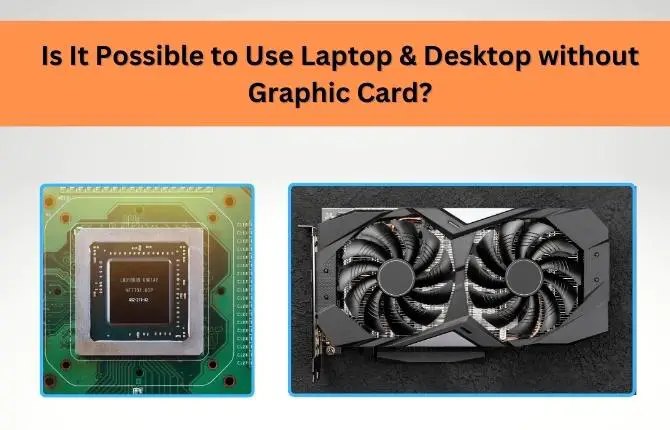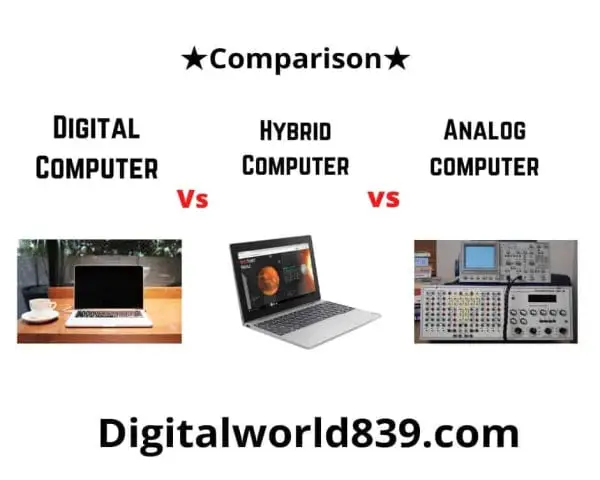In today’s post, you will find out what is more important – a GPU or a RAM, or Processor for Gaming, how these components interact in a computer, and whether there is an option to save money and raise the performance when assembling a gaming PC.
Of course, all of these equipment RAM, video card, and CPU are essential to run a game on your computer. But the question here is: if you are going to invest more in these, which one should you choose?
This is a recurring question among people who want more appropriate gaming equipment. That’s because not everyone can invest in one or the other, often needing to choose just one of them when building or updating your PC.
So let’s begin the article, “CPU vs. GPU vs. RAM,” – Which one is more prior for gaming.
CPU vs GPU vs RAM
Role of CPU, RAM, and Graphic Cards During Games
1. CPU
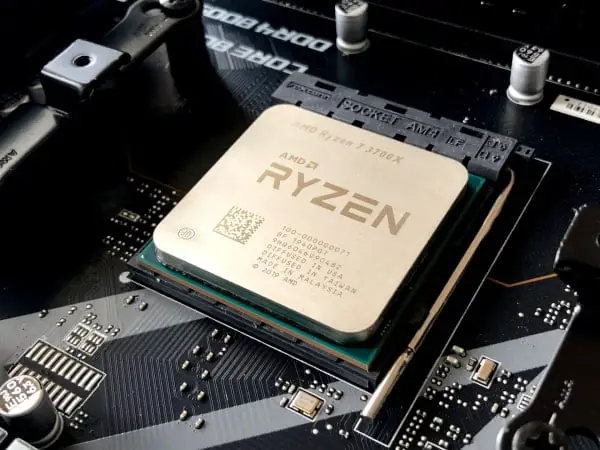
The brain center and an essential part of any computer that executes all kinds of programs, performs operations, and accesses RAM.
You can say that everything goes through the processor and is in charge of “feeding” or “giving work” to other components. Thus, if you are going to use the PC to play games, you must take care of the choice of the compatible motherboard for your suitable CPU model.
Should I invest in a good processor?: Indeed, because it is a central unit on which the rest of the system components depend. An top end graphics card on expensive motherboard will not perform at its best with an inexpensive processor, just as a 3 GHz RAM will not be used properly with a low-end CPU.
2. GPU
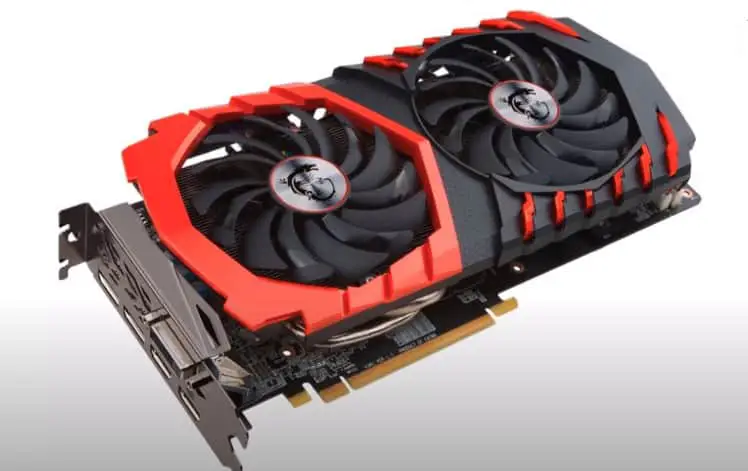
When we talk about a PC to run games, the primary output device among all the others is and always will be the graphics card. It is a significant component in gaming. Achieving the coveted number of frames in your favorite game is possible only with the graphic card.
GPU is largely responsible for providing a satisfying gaming experience, putting a combination of polygons, calculating the output image, GPU power targeting, and processing 3D graphics commands, textures, and pixels on your monitor capable of forming beautiful and realistic landscapes and characters.
This already answers the question that gives the title to this article, but I can break this topic a little further. It’s important to point out that a good processor will always make things easier when it comes to achieving good performance in a game; however, when resources are limited, the CPU can wait.
3. RAM
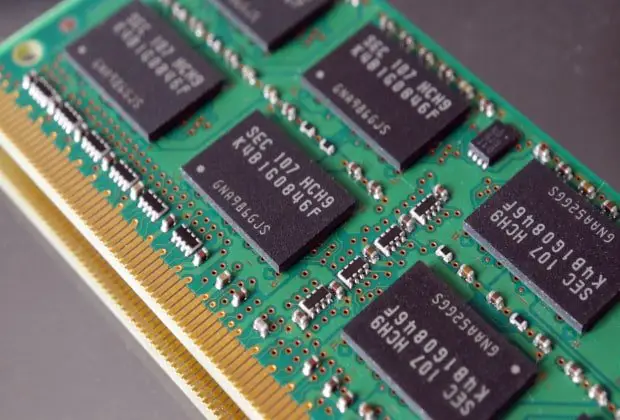
Random-access memory, better known as RAM, also serves a vital function. Unlike a hard disk, it stores the most up-to-date intermediate data processed by the processor. The amount of RAM depends on the number of tasks simultaneously performed by a computer running the OS.
It is a component that has a massive impact at the performance level and therefore is vital, and one cannot neglect the optimal minimum, In addition, RAM has a long lifespan than a CPU or a GPU.
Should I invest a lot in RAM? No, it is not necessary to invest a lot of money, but as I said, there is always a minimum that you must not lower, and that always depends on the use that you are going to give the equipment you are going to install.
Related: What happens when your PC use all the RAM? Should you Worry?
So, Where CPU, RAM, and Graphic Card Stands?
At first glance, the choice is obvious; investing in a video card is the most practical option because the graphics processing unit is responsible mainly for offering more fluidity in running a game. Furthermore, the increased frame rate (FPS) and a more pleasant visual experience depend more on the graphics card than the processor.
However, everything is not so evident here. Although the graphics accelerator is involved to a large extent in the processing of three-dimensional graphics, do not forget about the processor. Many frames per second (for which the video card is responsible) are not indicative of comfortable and smooth gameplay.
In games, the CPU function most of the work. Processing user commands from the input devices like mouse and keyboard, building an in-game environment, physically calculating the interaction of objects, and much more; all this is required to be done every second.
If the processor resources are insufficient, you will observe annoying freezes and micro stutters, even though the FPS counter will show high values.
So investing blindly in the latest RTX lineup while having a Dual core or 4-core processor on the motherboard isn’t right. A good balance between a graphics accelerator and a processor is the key to any good build.
For example, the RTX 2080 + i5 9400 is not the best package. Watch Dogs 2 will quickly load all 6 cores and 6 threads to capacity. But Ryzen 5 2600 + RTX 1070 looks much nicer already. So remember about balance.
As for the RAM, everything is pretty simple. Breakthrough technologies in creating primary memory have not been seen for a very long time. Every year, the need for RAM is still increasing, but this is happening at a relatively smooth pace.
So, if we had enough 4 GB for games, today at least it is already 8 GB. In 2-3 years, the eight will probably turn into 16 gigs, and so on. It is advisable to invest in RAM only if the PC is assembled for specialized tasks, but first things first.
Equipment for intensive play: Here, I can set two minimums. The first is 8 GB, enough to guarantee a good experience in most cases. The second is 16 GB, which ensures optimal performance in all scenarios. It is advisable to use kits of at least 1,600 MHz, although the optimal quality-price level is 2,133 MHz (DDR3) and 2,666 MHz (DDR4).
Conclusion – (Processor vs Graphic Card vs RAM)
I’ll conclude right away that such a statement of the question as the importance of the CPU, RAM, and GPU for games is a little incorrect. The most important thing is to strike a balance.
If you have any experience with hardware, you may have realized, or at least heard, that a balanced set is always essential. Basically, it’s no use having the best video card on the market next to an outdated processor, as this can even overload the device to the point of damaging it.
A weak processor simply will not reveal the full potential of the video card since it will not have time to process all the incoming information causing overheating. Similarly, An inefficient video card will not qualitatively draw all that “movement” on the screen, calculated by a powerful processor.
However, the capacity may be excessive. At this writing, an 8-core CPU is sufficient for even the most demanding games. 16 cores are already overkilled: this power will not be used.
Except if you are broadcasting a game – then the CPU can be used for software streaming video processing.
And finally, I will give a reference example of excess power – a Core i9 series processor in conjunction with an RTX 2080 graphics adapter. Despite this being a top-end graphics card, a Core i7 CPU is enough to unlock its potential.
At the same time, you will not notice a drop in FPS by 1-2 points with the naked eye, but you can save up to $ 1000. That’s how many good games you can buy for that amount!
If you do not choose a processor in accordance and balanced with the rest of the components, you will have a clear bottleneck and undesirable consequences that usually translate into low or insufficient performance.
Thus, the bottom line for gaming PC in the middle of CPU, GPU, and RAM is to balance the processor and the video card; furthermore, the RAM can be purchased at any time or exchanged for larger slats.
Related: How Much RAM Should Be Used At Idle? What’s Normal Percentage Should be?
This concludes our article on “CPU vs GPU vs RAM – Which is More Important for Gaming?”, I hope this article helped you figure out, remember to share it on social networks so that it can help more users who need it.

